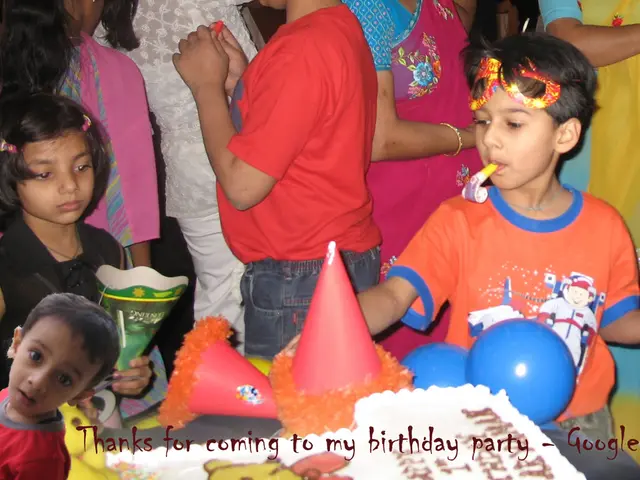Economic Struggles in the Realm of Culture and Creative Arts Sectors
The University of Sheffield, in partnership with the PEC and the Centre for Cultural Value, has embarked on a research project to explore the effects of the COVID-19 pandemic on the creative industries. This project, which is based at the University of Sheffield, aims to shed light on the challenges faced by this sector during these unprecedented times.
One of the key areas of focus is the co-location of the Creative Industries with other Industrial Strategy Priority Sectors. The initial findings suggest that the creative industries have been particularly hard hit, with a 30% decline in employment in music, performing, and visual arts resulting in 55,000 job losses. This figure is further underscored by the fact that approximately 110,000 people left the creative industries as a whole between Q1 and Q2 in 2020, representing around 8% of the workforce.
The reduction in hours has been especially severe for those working in crafts, film, TV, video, radio and photography, music, performing and visual arts, and design. The latest data shows that while there was a slight reduction in the percentage of workers working zero hours in the latter part of 2020, the average number of hours worked were still far below pre-lockdown levels.
The COVID-19 pandemic has resulted in significant job losses and instability in the creative industries, particularly in music, performing, and visual arts. The number of workers in these occupations dropped by almost 30% since pre-lockdown, from around 200,000 to around 145,000.
The groups within the creative industries that lost the greatest number of weekly working hours since the lockdown measures began are especially those in the performing arts sector. The market for performing arts experienced an 85 percent loss in revenue, indicating significant reductions in working hours for artists like dancers and theater professionals.
Professor Dave O'Brien has emphasised the importance of higher education to the arts, culture, and heritage sectors, while Professor Nick Wilson's paper "Bridging the Imagination Deficit" discusses the equity gap in Britain's Creative Industries.
This is the first in a series of blogs examining the data on job losses over the past year from the PEC and the Centre for Cultural Value. The project will also develop case studies for specific institutions and places, as well as document the stories and experiences of creative workers.
The research will also delve into various topics related to the creative industries, including AI, intellectual property, regulation, climate and sustainability, cross-cutting, the Global Creative Economy Council, Arts, Culture and Heritage, Business Models and Access to Finance, Skills, Jobs and Education, and Geography of the Creative Industries.
The importance of accredited qualifications in journalism, and the co-location of the Creative Industries with other Industrial Strategy Priority Sectors are also areas of interest.
The 2025 Spending Review and its potential impact on the creative industries is another significant aspect of the research. With the creative industries playing a crucial role in the UK's economic growth and cultural identity, understanding the impact of the COVID-19 pandemic and the measures taken to mitigate its effects is essential.
This research project aims to provide a comprehensive understanding of the challenges faced by the creative industries during the COVID-19 pandemic, and to offer insights into strategies for recovery and resilience.







